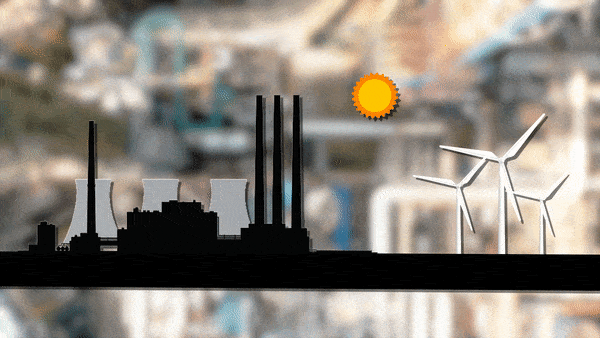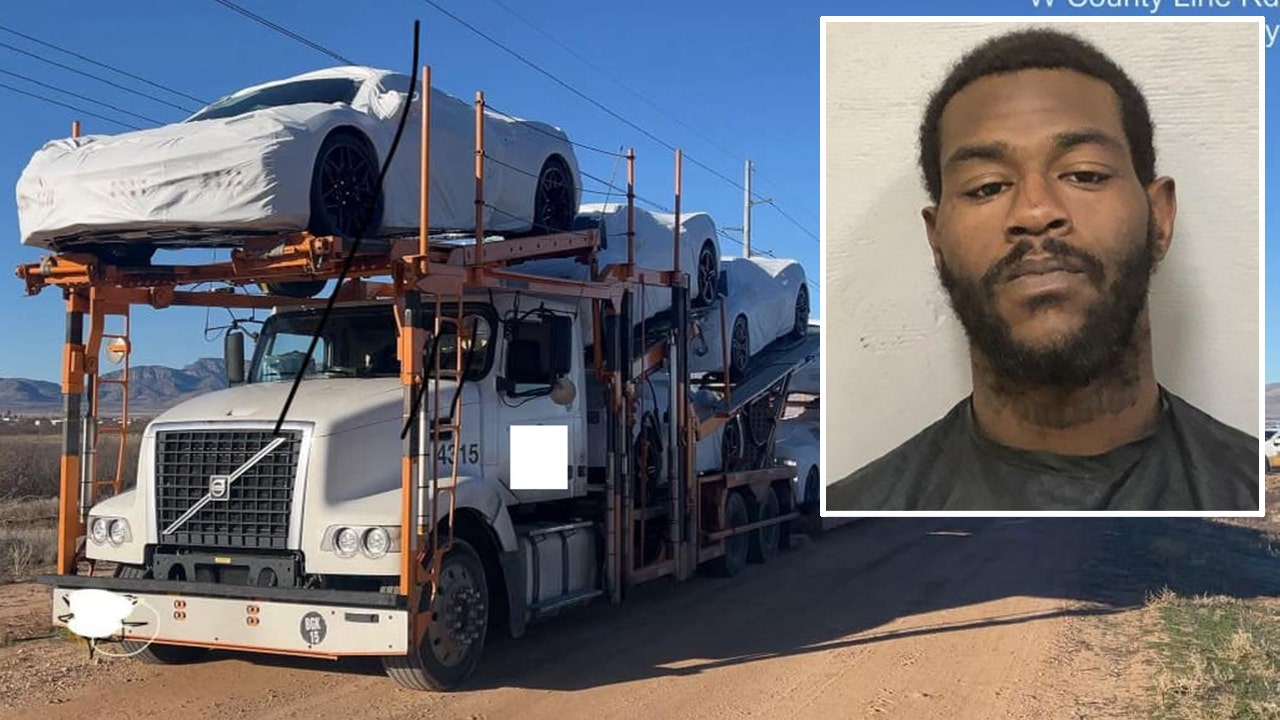The White House announced efforts last week to upgrade the country’s aging energy infrastructure in a move to reduce power outages and make improvements to the grid amid soaring demand, but threats from nefarious forces continue to pose a security risk, experts say.
The initiative between the federal government and 21 states was formed to make fixes and improvements to outdated infrastructure to reduce outages amid several recent severe weather events.
The states joining the effort are Arizona, California, Colorado, Connecticut, Delaware, Hawaii, Illinois, Kentucky, Maine, Maryland, Massachusetts, Michigan, New Jersey, New Mexico, New York, North Carolina, Oregon, Pennsylvania, Rhode Island, Washington and Wisconsin.
The announcement came the same day hundreds of thousands of people lost power in Texas as intense storms with destructive winds moved through the area.
EXPERTS RAISE ALARM AFTER BIDEN STRIKES AGREEMENT WITH CHINA TO SHUT DOWN FOSSIL FUELS
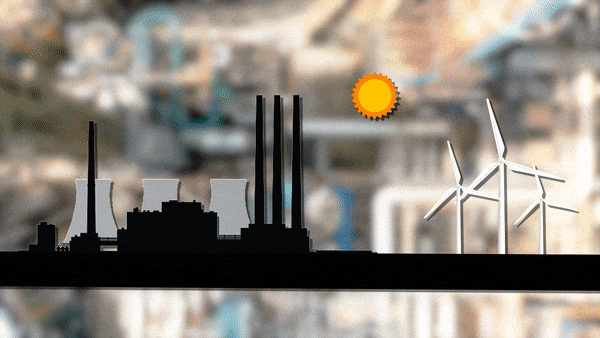
Power generators (Ramiro Vargas/Fox News Digital)
Under the terms of the partnership, the federal government will provide technical assistance while ensuring states can apply for federal money and loans to enable utilities to build more transmission lines, according to a White House fact sheet.
Morgan Wright, a cybersecurity expert and chief security adviser for SentinelOne, said cybersecurity measures need to be one of the pillars that modernization efforts are built around.
“Go back to the start of the Ukraine-Russia war. One of the first things Russia went after right away was power,” Wright told Fox News Digital, adding Moscow went after power plants and backup plants in its full-scale invasion of Ukraine.
“My concern is if we build this and we’re not putting the necessary building blocks in place, we’re going to leave a gaping hole.
“It’s like building a house and then saying, ‘Hey, we should have put a basement under it.'”
In April, the Biden administration announced a public-private venture to upgrade 100,000 miles of existing power lines. More lines are needed to increase the amount of energy from green sources like wind and water.
US ENERGY FUTURE ‘UNDER THREAT’ FROM BIDEN POLICIES: GOP REPORT
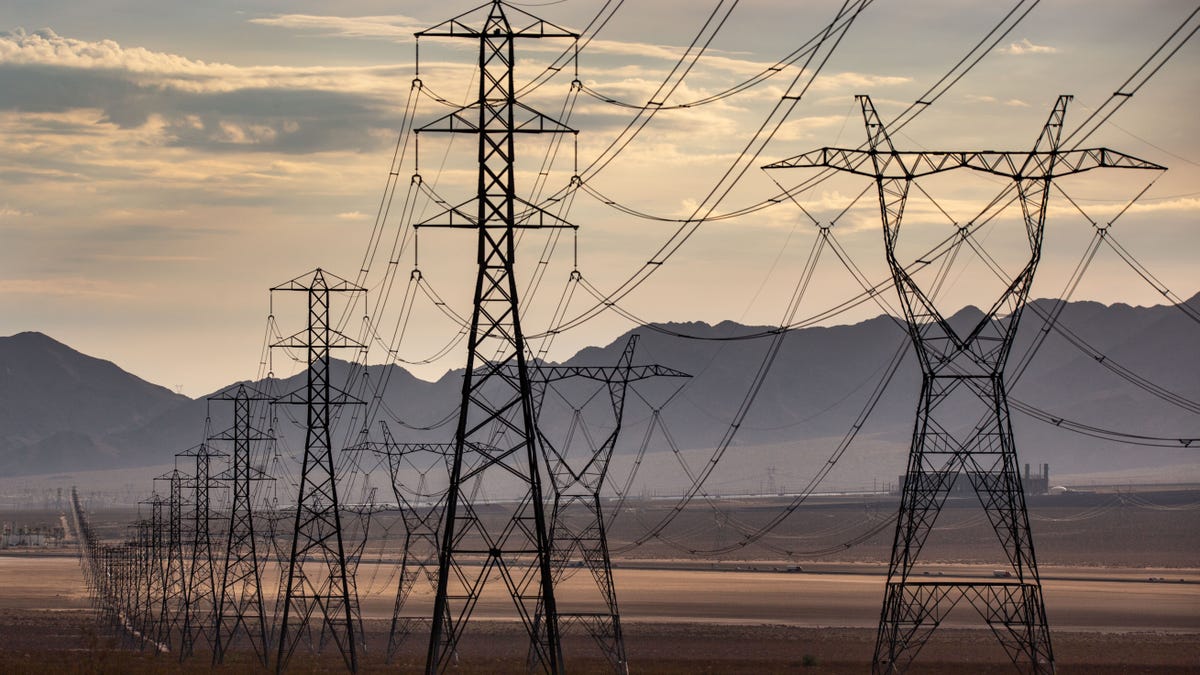
Heavy electrical transmission lines at the Ivanpah Solar Electric Generating System in California’s Mojave Desert near Primm, Nev. (George Rose/Getty Images)
“If we don’t end up meeting the 100,000-mile goal, it’s because not enough utilities decided to voluntarily take up this opportunity,” said Rob Gramlich, founder of Grid Strategies, a Washington D.C.-based consultant firm that focuses on transmission and power markets for a reliable, affordable and sustainable power systems.
Gramlich noted that cyberthreats are an “ever-present” issue with all utilities.
From 2012 to 2014, Russian FSB officers used spearphishing and other tactics to compromise the business network of Wolf Creek Nuclear Operating Corp. in Kansas, which runs a nuclear power plant. In May 2021, the Colonial Pipeline, which moves oil, was the victim of a ransomware attack, which shut down its digital systems and affected customers along the East Coast.
“We didn’t lose a single drop of oil,” Wright said. “But people reacted as though we were out of gasoline … and they started hoarding. Imagine what would happen if we had a sustained outage.”
The FBI said DarkSide, an Eastern European cybercriminal group, was responsible for the pipeline attack. Furthermore, nations hostile to the United States, like Iran and China, as well as other transnational criminal groups that operate as proxies for America’s enemies, also pose significant cyber and national security threats, Wright said.
In Europe, disruptive digital attacks linked to Russian-backed groups have doubled in recent months, Juhan Lepassaar, head of the European Union Agency for Cybersecurity, or ENISA, recently said.
PROTECT YOURSELF FROM TECH SUPPORT SCAMS
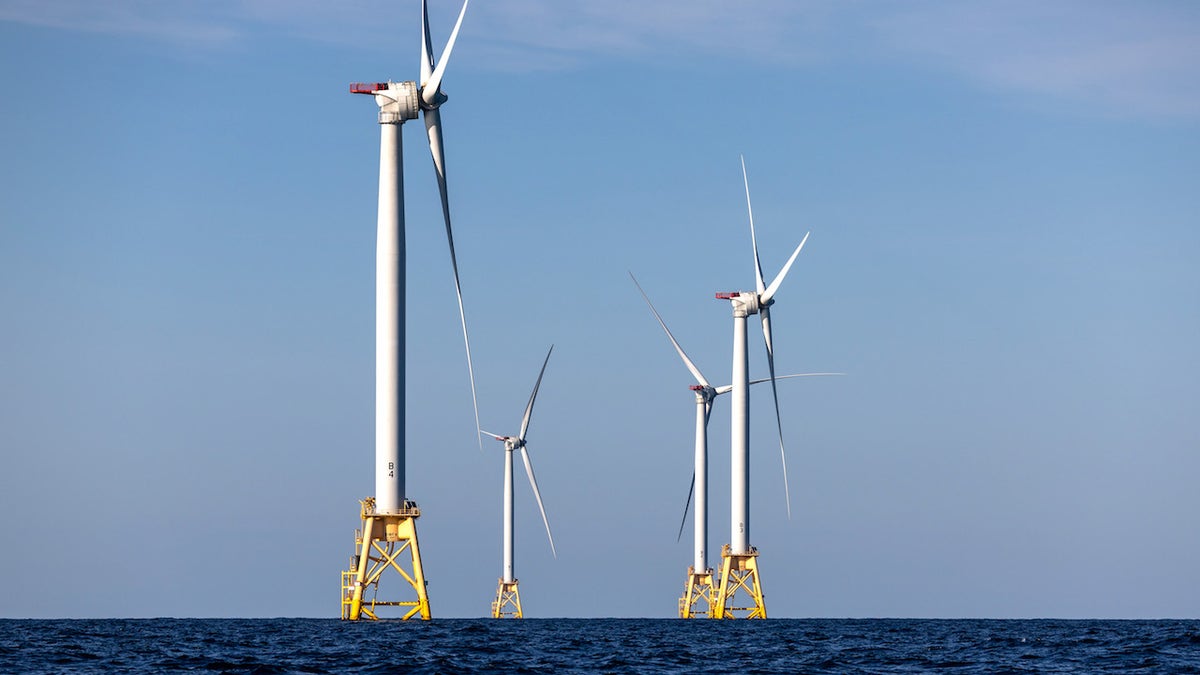
Wind turbines generate electricity at the Block Island Wind Farm July 7, 2022, near Block Island, R.I. (John Moore/Getty Images)
Meanwhile, congressional action on improving transmission lines has stalled. Last month, Senate Majority Leader Chuck Schumer, D-N.Y., said it was “going to be virtually impossible to get something done” in 2024, citing opposition by House Republicans.
White House national climate adviser Ali Zaidi said last week’s announcement will “drive grid adaptation quickly and cost-effectively.”
“We are investing tens of billions — the most significant public investment in a generation — to strengthen our grid to prevent power outages in the face of extreme weather, bolster U.S. energy security and drive innovation,” he said in a statement.
Earlier this month, the three-member Federal Energy Regulatory Commission (FERC) voted 2-1 to adopt a rule that makes changes to how electric grids are planned and funded. Despite the push to expand the grids, the costly and time-consuming permitting process, as well as politics, will mostly likely delay or prevent such projects from coming to fruition, said Mario Loyola, a senior Heritage Foundation research fellow for the Center for Energy, Climate, and Environment.
“Main obstacles, such as permitting dysfunction and subsidies that distort the economics of energy production, were created by Congress, and only Congress can solve them,” Loyola said.
CLICK HERE TO GET THE FOX NEWS APP
“I think it’s a lot of smoke and mirrors and, in many respects, could make the problem considerably worse.”
